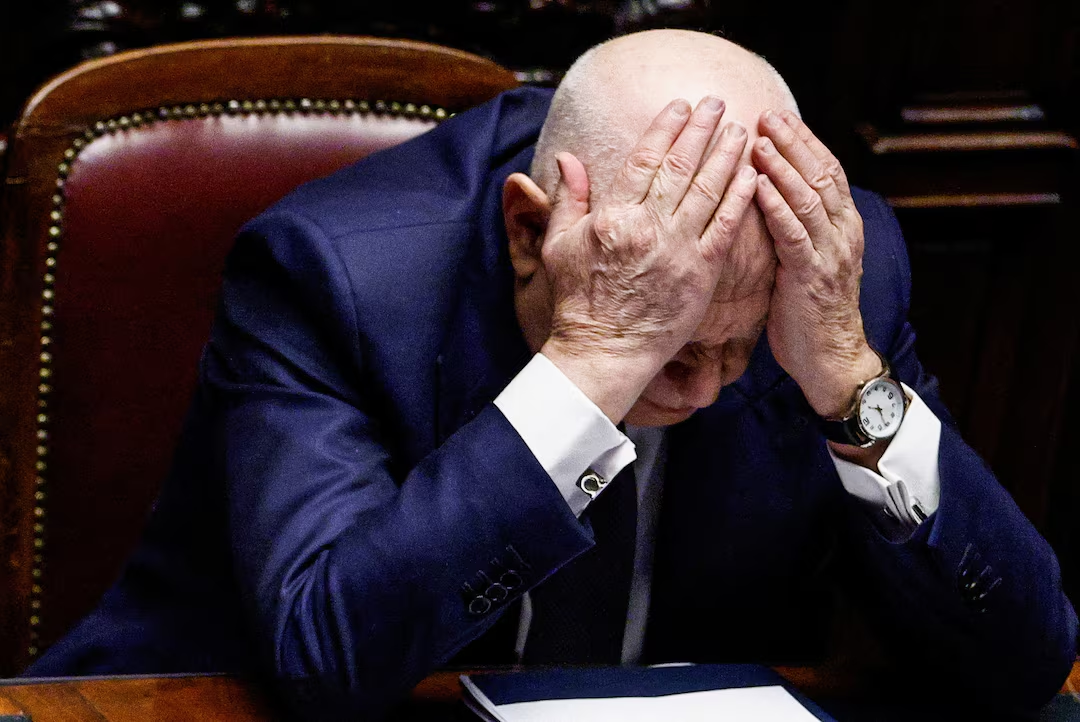
Italy has justified the release of a Libyan military officer wanted by the International Criminal Court (ICC) for war crimes, citing significant errors in the court’s arrest warrant.
Osama Elmasry Njeem, accused of murder, torture, and rape of detainees in Libya, was freed and flown back to Tripoli two days after his detention in northern Italy last month. The ICC warrant had called for his arrest, based on the allegations.
The officer’s release sparked strong criticism from Italian opposition parties and has prompted an investigation into Prime Minister Giorgia Meloni and her cabinet, including Justice Minister Carlo Nordio and Interior Minister Matteo Piantedosi.
In a statement to parliament, Nordio emphasized that the ICC warrant contained “blatant and gross” mistakes, including discrepancies in the timeline of the alleged crimes, which were initially listed as occurring from February 2011 but later changed to February 2015. He expressed concerns about “contradictory conclusions” in the document and revealed that the ICC had acknowledged the errors, revising the warrant shortly after its issuance. Nordio also said he planned to request further clarification from the ICC regarding the inconsistencies.
Piantedosi defended the decision to expel Njeem, asserting that he was considered a threat. He denied accusations that Njeem had cooperated with Italy to manage migrant flows from Libya or that international pressure had played a role in his release.
The ICC, which has been investigating crimes in Libya since the 2011 civil war, has demanded an explanation for Njeem’s release, pointing out that Italy had let him go without consulting the court.
Opposition leaders dismissed the government’s justification, with Elly Schlein, head of the Democratic Party, accusing Italy of undermining its international credibility by releasing a suspect linked to serious crimes.
Rome’s chief prosecutor, Francesco Le Voi, has opened an investigation into Meloni, Nordio, Piantedosi, and intelligence undersecretary Alfredo Mantovano for allegedly aiding a criminal and misusing public funds. All four deny any wrongdoing and claim the case has been politicized. Being under investigation in Italy does not imply guilt, nor does it guarantee that formal charges will be filed.
